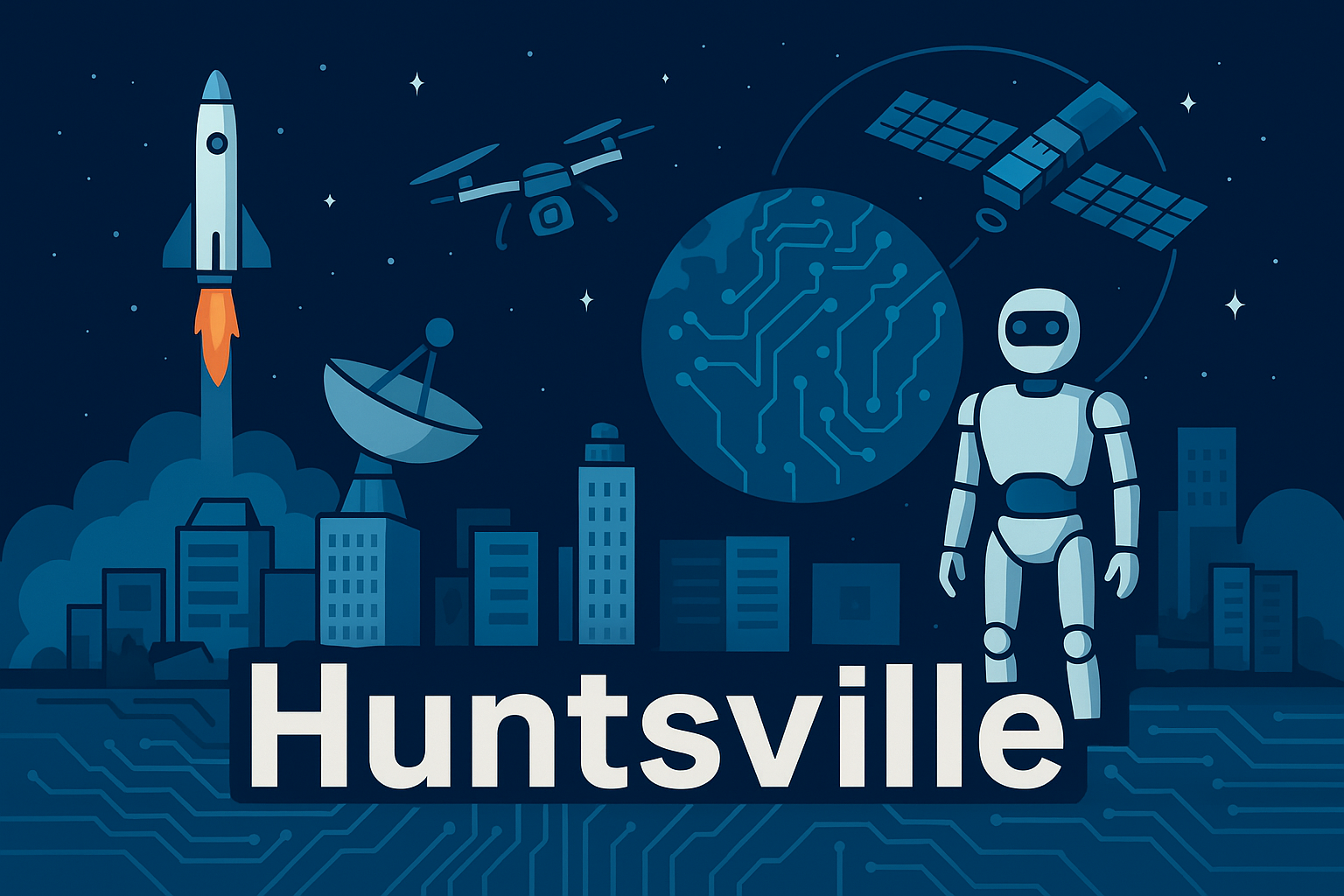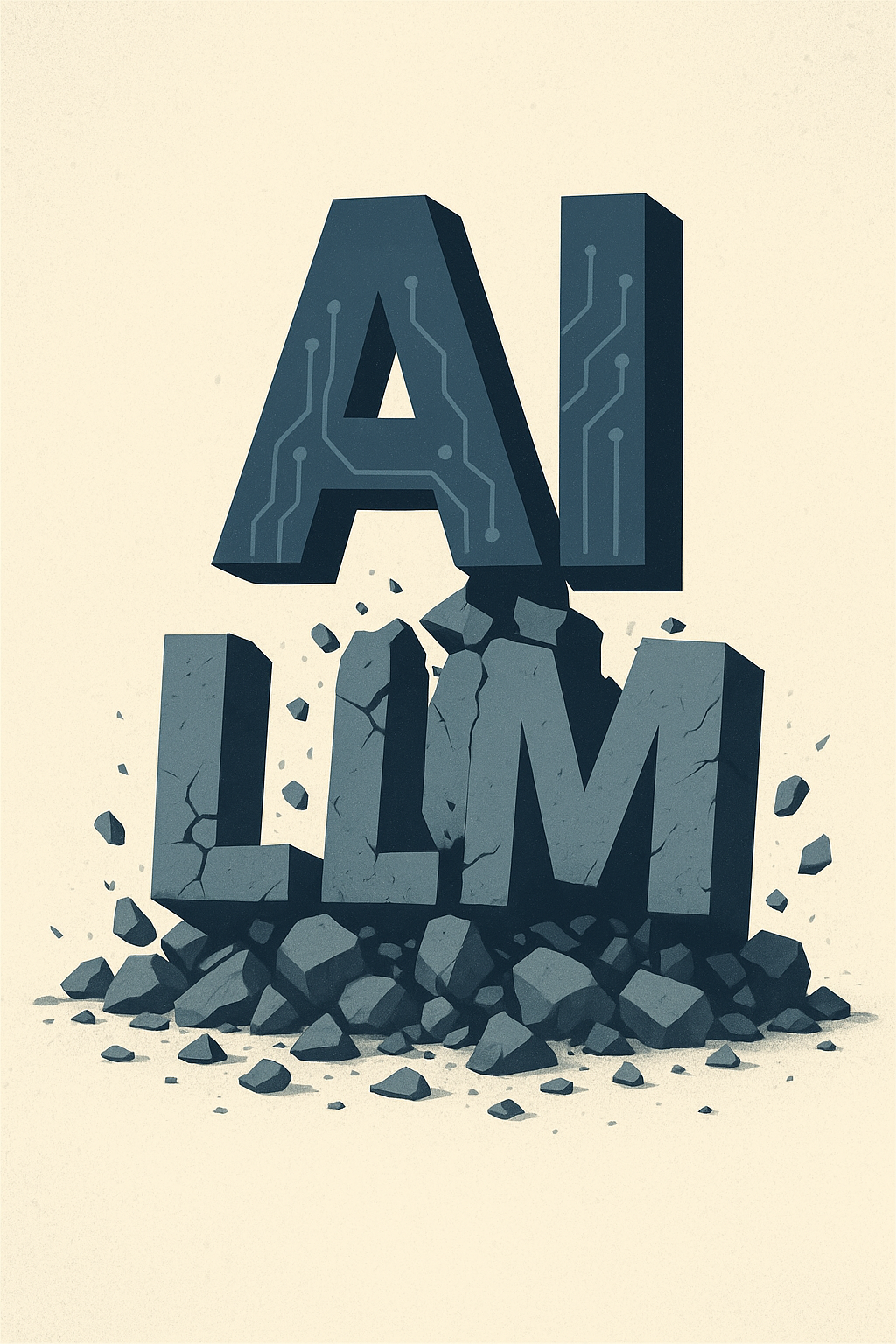By Matthew King Waff48 | Special Feature on Christopher Coleman, Founder of Huntsville Artificial Intelligence
HUNTSVILLE, AL — Artificial Intelligence isn’t just writing scripts anymore. It’s directing, acting, and editing them too. With the release of Sora, OpenAI’s new video generation model, the world is witnessing a seismic shift in how we create and consume visual content. From hyper-realistic short films to digital actors indistinguishable from real humans, the boundaries of entertainment, ethics, and environmental responsibility are being redrawn.
At the center of this national conversation, Christopher Coleman, founder of Huntsville Artificial Intelligence (HuntsvilleAI.org), is helping Northern Alabama understand both the promise and the responsibility that comes with such innovation.
“Sora is a glimpse into what I call Post-GPT Creation — when generative AI becomes a full creative partner instead of just a writing assistant,” Coleman said. “It’s not just about making videos faster; it’s about how AI is becoming part of our artistic, educational, and economic ecosystems.”
From Generators to Directors: The Rise of AI Video Creation
Sora, currently in limited release, uses advanced generative diffusion and transformer-based modeling to produce full-motion video from text prompts. Unlike early attempts at AI video generation, Sora can maintain scene consistency, lighting realism, and natural physics for up to a minute, something even major studios have struggled to replicate without CGI teams.
Creators and studios are already exploring how AI video models can dramatically reduce production costs. What used to take days of filming, editing, and rendering can now happen in hours. Independent filmmakers, small businesses, and educators in Huntsville are testing these tools to produce high-quality training and promotional videos at a fraction of the cost.
AI Actors and Digital Doubles
Alongside Sora’s breakthrough is the emergence of AI actors — digital personas trained on human likenesses and performances. These synthetic performers can act, emote, and even “age” across scenes, raising both creative possibilities and ethical concerns.
“We’re going to see a surge of AI-driven storytelling, movies made entirely by prompts, with AI actors who never tire, demand royalties, or age out of roles,” Coleman explained. “But this also forces a deep conversation about intellectual property, likeness rights, and authenticity. It’s a cultural turning point.”
The Environmental Equation
AI’s new creative potential isn’t without cost. Generating high-resolution, frame-consistent video content consumes substantial energy. Training and operating large models like Sora require massive compute resources, often powered by data centers with significant carbon footprints.
“There’s no denying the environmental impact,” Coleman said. “As we embrace this wave, we also need to think regionally — how can Huntsville, a city powered by innovation and clean tech, lead in building sustainable AI infrastructure?”
Coleman and Huntsville AI advocate for green computing initiatives and ethical AI adoption across Alabama’s defense, education, and commercial sectors. As companies experiment with AI-generated content, Huntsville AI encourages partnerships that offset energy consumption and invest in local renewable technology solutions.
Huntsville: The Next AI Production Hub
Northern Alabama, long recognized for its defense and aerospace innovation, is now quietly positioning itself as an emerging AI creativity corridor. Local developers, artists, and entrepreneurs are beginning to explore AI film tools, 3D modeling, and immersive simulation for both civilian and defense applications.
“Huntsville is unique. We have the brainpower, infrastructure, and creativity to lead the next wave of ethical AI media,” said Coleman. “We’re not just watching the Sora revolution from afar; we’re preparing to build local ecosystems that train people, fund startups, and balance innovation with responsibility.”
The Future: From Vision to Reality
As hyper-realistic AI video becomes mainstream, Coleman believes we’re heading toward a world where every idea can be visualized, not just by studios but by anyone with a laptop.
“In five years, AI will turn imagination into production. A student in Huntsville will be able to type an idea and see it come to life as a film, a simulation, or a prototype. That’s the kind of creative democratization we’re building toward.”
From Hollywood to Huntsville, one thing is clear: generative AI is no longer just writing the future, it’s filming it.
About Huntsville Artificial Intelligence
Founded by Christopher Coleman, Huntsville AI is Alabama’s first nonprofit dedicated to advancing artificial intelligence education, ethics, and innovation. Based in Huntsville, the organization works with local businesses, educators, and government partners to promote ethical, sustainable, and inclusive AI adoption across the Tennessee Valley.


